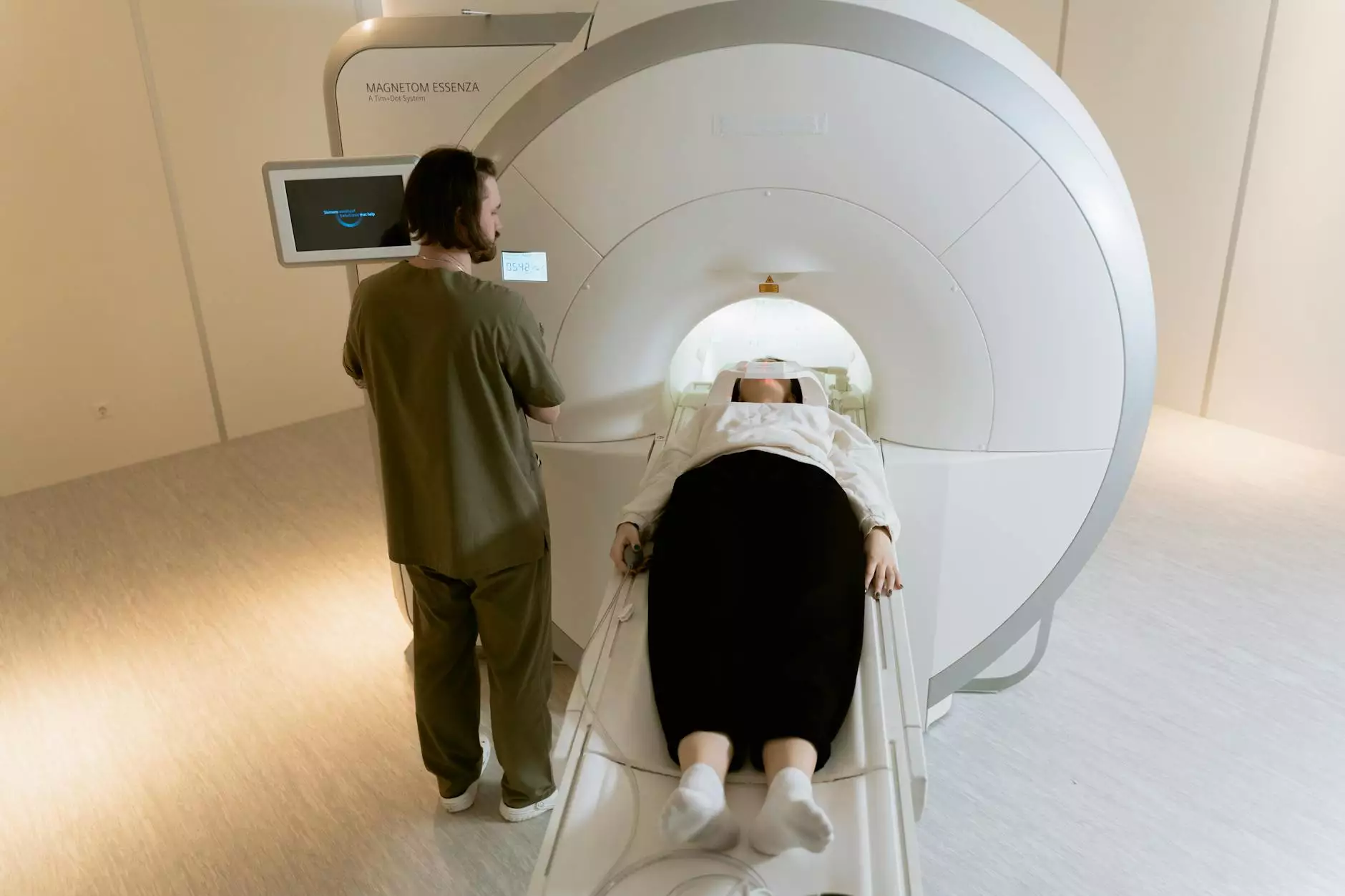The Vital Role of a Cancer Specialist Oncologist

Cancer remains one of the most challenging health issues globally, necessitating the involvement of expert healthcare professionals to combat its effects. Among these specialists, a cancer specialist oncologist plays a crucial role in the fight against cancer. This article delves into their responsibilities, skills, and the importance of their contributions to cancer treatment and patient care.
What is a Cancer Specialist Oncologist?
A cancer specialist oncologist is a medical doctor who specializes in diagnosing and treating cancer. They are well-trained professionals who focus solely on oncology after completing their medical degrees. Oncologists may concentrate on specific types of cancer or employ a variety of treatment methods tailored to the individual needs of their patients. Key areas of their expertise include:
- Medical Oncology: This branch involves the use of chemotherapy, hormonal therapy, biological therapy, and other medications to treat cancer.
- Surgical Oncology: Involves the surgical removal of tumors and surrounding tissues.
- Radiation Oncology: The use of radiation therapy to kill cancer cells and shrink tumors.
Educational Pathway to Becoming a Cancer Specialist Oncologist
The pathway to becoming a cancer specialist oncologist is rigorous and requires extensive education and training:
- Undergraduate Degree: A bachelor's degree, often in a science-related field.
- Medical School: Completion of a four-year medical degree (MD or DO).
- Residency Program: A minimum of three years in a residency program in internal medicine.
- Fellowship: Additional training in oncology through a fellowship program, lasting two to four years, focused on specific cancer types.
The Responsibilities of a Cancer Specialist Oncologist
The multifaceted role of a cancer specialist oncologist includes the following responsibilities:
- Diagnosis: Utilizing clinical assessments, imaging studies, and biopsies to accurately diagnose cancer.
- Treatment Planning: Developing personalized treatment plans based on the patient's type of cancer, stage of disease, and overall health.
- Patient Management: Overseeing the patient's journey through treatment and providing support and management for side effects.
- Research and Clinical Trials: Often involved in research, oncologists may offer patients opportunities to participate in clinical trials for new treatments.
How a Cancer Specialist Oncologist Manages Patient Care
Patient care is at the heart of an oncologist’s practice. Their approach typically involves the following:
Collaboration with Healthcare Teams
A cancer specialist oncologist often collaborates with a multidisciplinary team that may include:
- Radiologists
- Pathologists
- Surgeons
- Nurses
- Supportive care providers
Patient Education and Support
Education is vital in ensuring patients understand their illness and treatment options. An oncologist provides information about:
- The nature of the cancer
- Available treatment options
- Potential side effects and management
- Support resources, including counseling and support groups
The Importance of Early Detection and Treatment
One of the crucial elements in improving cancer outcomes is early detection. Oncologists play a pivotal role in screening and diagnostic tests that lead to:
- Earlier diagnosis of cancer
- Lower treatment-related mortality
- Improved prognosis for patients
Innovations in Cancer Treatment
Advancements in oncology have revolutionized cancer treatment, allowing oncologists to provide more effective care. Some of these innovations include:
Targeted Therapy
Targeted therapy focuses on specific molecular targets associated with cancer. This personalized approach often results in:
- Less damage to normal cells
- Fewer side effects compared to chemotherapy
Immunotherapy
Immunotherapy harnesses the body’s immune system to fight cancer. Oncologists utilize this groundbreaking treatment to:
- Boost the immune response
- Identify and target cancer cells effectively
Patient Outcomes and Quality of Life
A cancer specialist oncologist not only focuses on treating cancer but also improves quality of life for patients during and after treatment. By managing symptoms and side effects effectively, oncologists ensure:
- Better emotional and physical well-being
- Enhanced coping mechanisms for patients and families
Conclusion
In conclusion, the role of a cancer specialist oncologist is indispensable in the fight against cancer. Their expertise, combined with a deep commitment to patient care, leads to better diagnostic, treatment, and outcomes for individuals battling cancer. With ongoing advancements in medical science, oncologists are equipped not only to treat but also to support patients through their cancer journey. The importance of choosing the right oncologist cannot be overstated, as they serve as a beacon of hope and guidance for patients and their families.
For more information on finding a dedicated cancer specialist oncologist, visit oncologicalsurgery.net.









